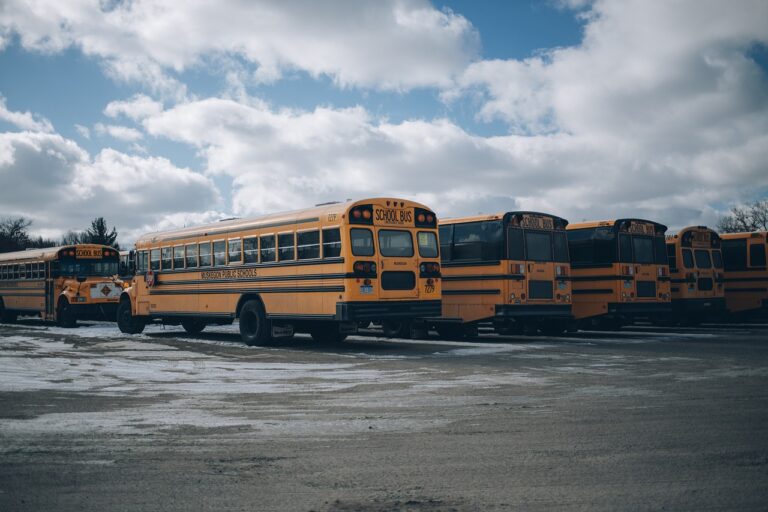The Impact of Educational Toys on Childhood Development: Diamondexch999.com login, Skyexchange sign up, Ready book club login
diamondexch999.com login, skyexchange sign up, ready book club login: Educational toys play a vital role in childhood development, providing children with opportunities to learn and grow while having fun. These toys not only engage children’s minds but also help them develop important skills that will benefit them throughout their lives. From fostering creativity to enhancing cognitive abilities, the impact of educational toys on childhood development is undeniable.
Importance of Educational Toys
Educational toys come in various forms, such as puzzles, building blocks, and shape sorters, among others. These toys are designed to stimulate different aspects of a child’s development, including their cognitive, physical, and social-emotional skills. By engaging with educational toys, children can enhance their problem-solving abilities, improve their hand-eye coordination, and develop their social skills through cooperative play.
Benefits of Educational Toys
1. Cognitive Development: Educational toys can help children improve their memory, concentration, and reasoning skills. Activities such as puzzles and memory games can challenge children’s minds and encourage them to think critically.
2. Fine Motor Skills: Toys that involve stacking, sorting, and building can help children develop their fine motor skills and hand-eye coordination. These activities also promote spatial awareness and dexterity.
3. Creativity and Imagination: Building blocks, art supplies, and pretend play toys allow children to express their creativity and imagination. These toys encourage children to think outside the box and explore different ways of thinking and problem-solving.
4. Language Development: Educational toys like alphabet blocks and picture books can help children develop their language skills. By engaging with these toys, children can expand their vocabulary, improve their communication skills, and enhance their literacy abilities.
5. Social Skills: Toys that promote cooperative play, such as board games and role-playing sets, can help children develop important social skills like sharing, taking turns, and working as a team. These interactions also encourage empathy, emotional intelligence, and conflict resolution.
6. Emotional Development: Educational toys can also support children’s emotional development by providing a safe and nurturing environment for them to explore their feelings and emotions. Toys like dolls and puppets allow children to engage in pretend play and role-playing, fostering empathy and understanding.
FAQs
Q: At what age should children start playing with educational toys?
A: Children can start playing with educational toys as early as infancy. There are educational toys designed for every age and stage of development.
Q: How can parents choose the right educational toys for their children?
A: Parents should consider their child’s interests, abilities, and developmental needs when selecting educational toys. It’s essential to choose toys that are age-appropriate and offer opportunities for growth and learning.
Q: Are educational toys expensive?
A: Educational toys come in a range of prices, and there are affordable options available. Parents can also look for discounts, sales, and second-hand toys to make them more budget-friendly.
In conclusion, educational toys have a significant impact on childhood development, providing children with valuable opportunities to learn, grow, and thrive. By incorporating educational toys into children’s playtime, parents can support their child’s cognitive, physical, and social-emotional development in a fun and engaging way.







